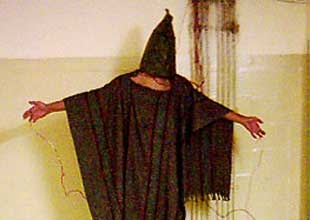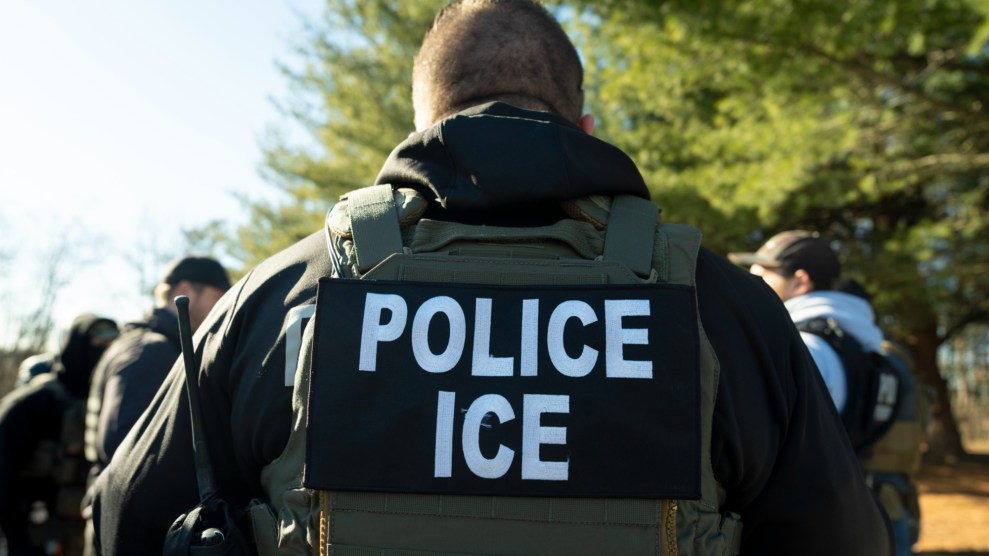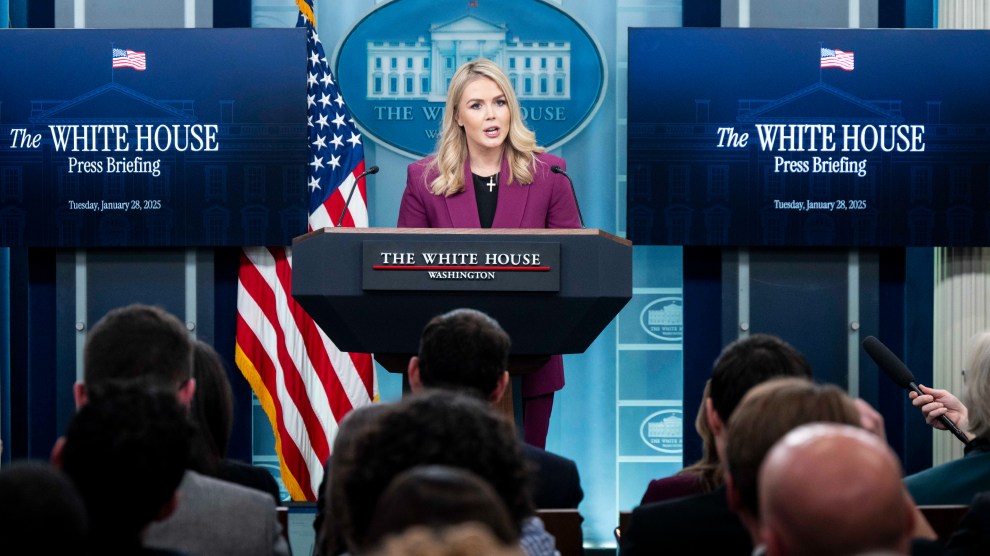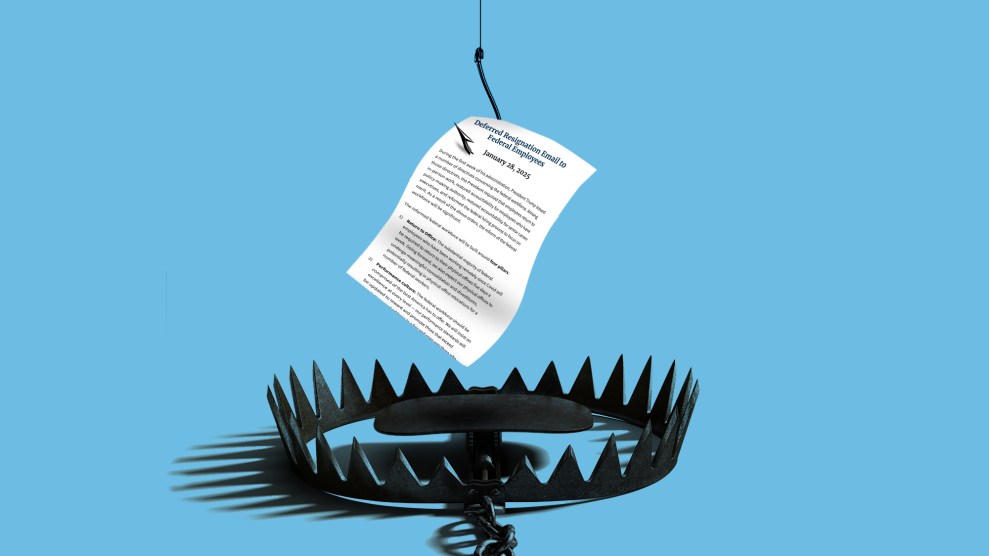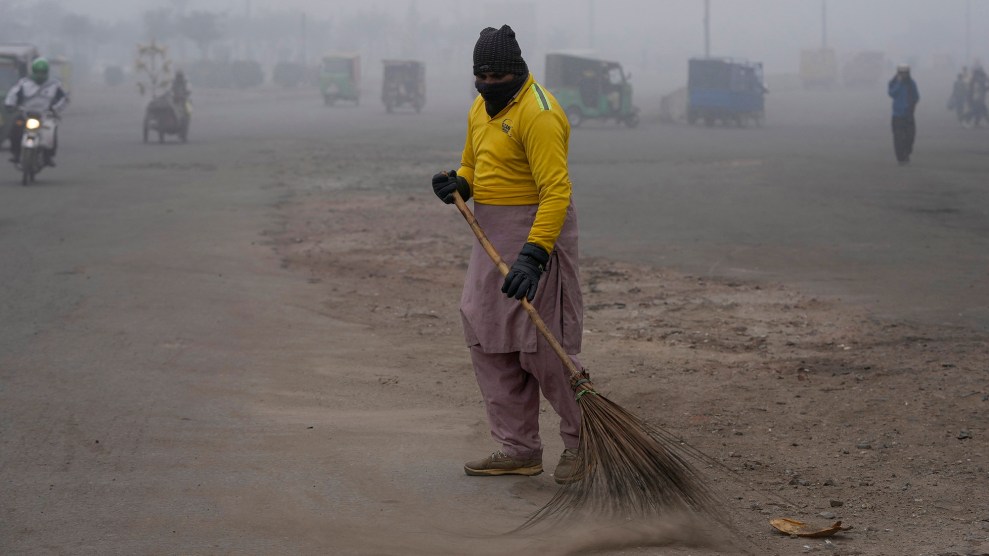If you want accountability, you can’t have transparency.
That’s essentially what government lawyers told the American Civil Liberties Union in a letter [PDF] filed with Judge Alvin Hellerstein in federal district court in New York on Monday. The letter is the latest development in an ACLU lawsuit that aims to force the Department of Defense and other government entities to disclose documents relating to the treatment, death, and extraordinary rendition of detainees.
On September 2, Judge Hellerstein ordered the CIA to search records within its inspector general’s office for documents relating to the destruction of videotapes of illegal interrogations and the “persons and reasons behind their destruction.” The government’s latest letter informs the court that the CIA found some information that should rightfully be disclosed under to the Freedom of Information Act—but it still couldn’t release any of it. The special prosecutor appointed by the Bush administration to investigate the destruction of the videotapes has asserted that the documents are exempt from disclosure, because their release could impair his ability to conduct his investigation.
The move by the special prosecutor, John Durham, in support of withholding the documents “could delay transparency,” says Alex Abdo, one of the ACLU lawyers working on the case. Prosecutors often use this particular FOIA exemption, Abdo says—sometimes with good cause and sometimes to justify neverending internal inquiries that prevent any outside groups from obtaining evidence of government wrongdoing. If there’s eventually accountability for the people responsible for torture and the destruction of the tapes, that might be an acceptable trade-off, Abdo says.
But without more information, it’s hard for the ACLU to tell whether Durham is justified in claiming that more transparency could harm his investigation. The government is due to file a more detailed explanation of what it’s withholding and why next Tuesday. We’ll know more then.
